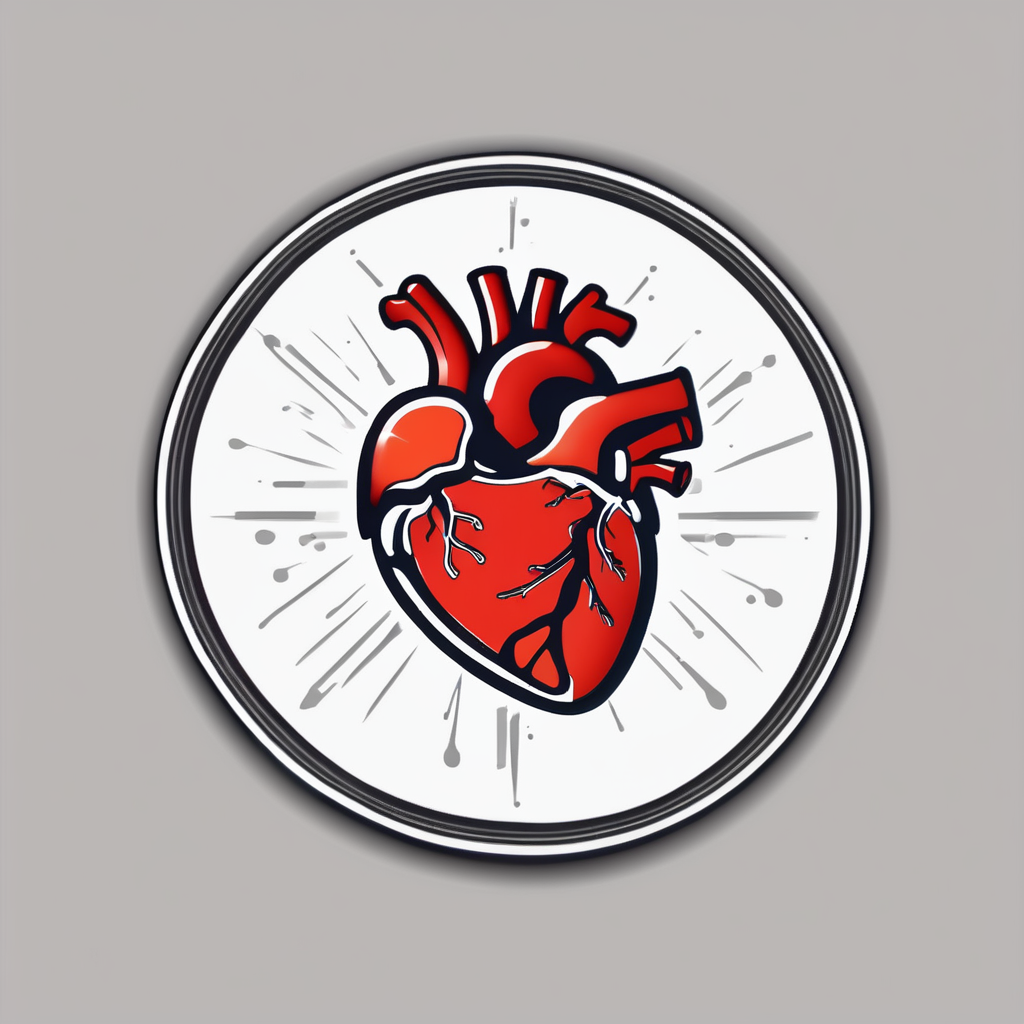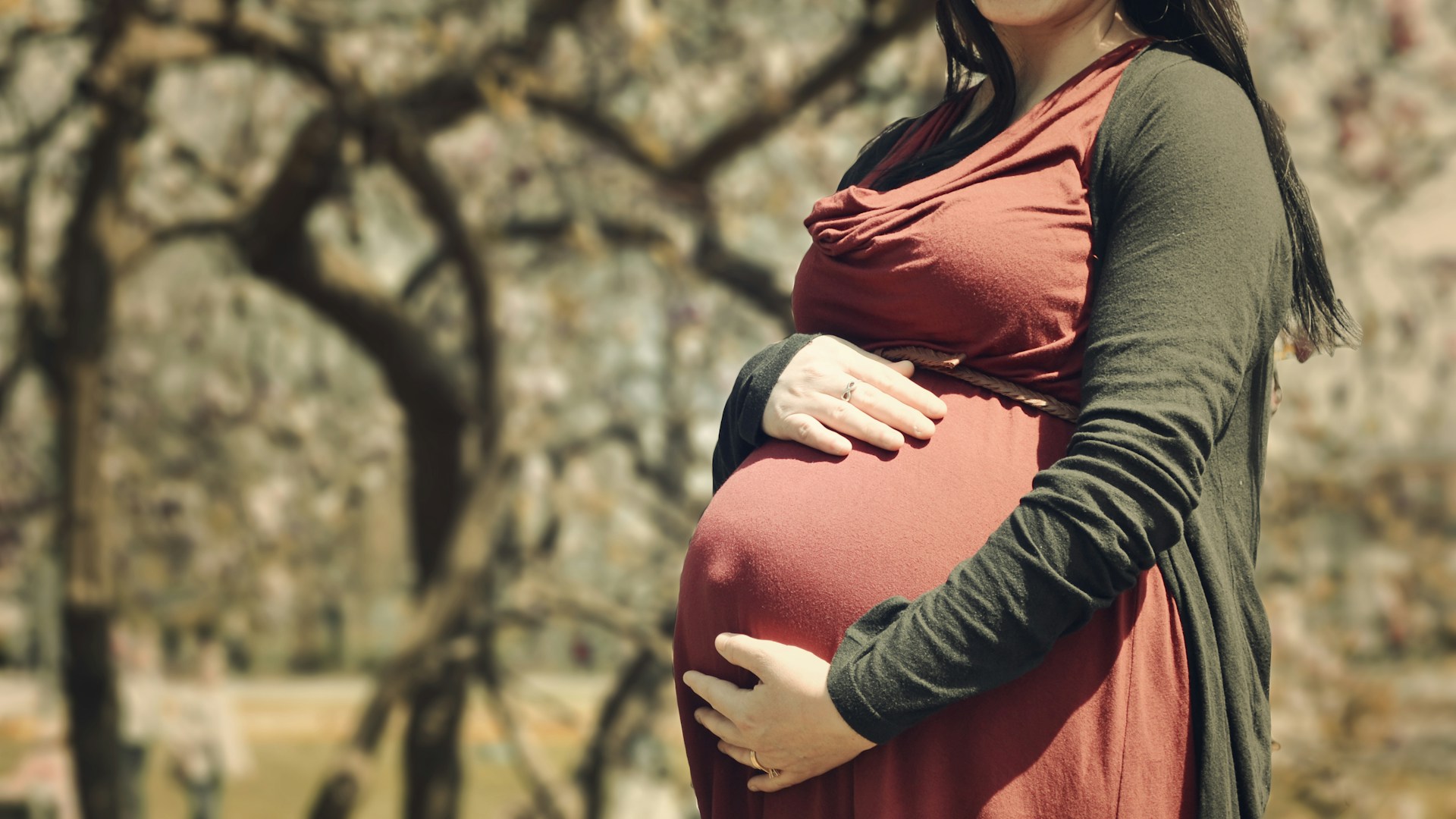Pregnancy is a beautiful journey with exciting yet challenging milestones. During this period, the health and well-being of both mother and baby are crucial. It’s a transformative, beautiful, and arduous journey that entails changes on both physical and emotional fronts. As you approach the final weeks of your pregnancy, you may already have a fair idea of what to expect during the childbirth. However, it’s equally important to plan for the period following the birth, commonly known as the postpartum period. In this article, we will guide you through some practical steps that will help you prepare for a healthy postpartum recovery.
The Importance of Preparing for Postpartum Recovery
The significance of preparing for postpartum recovery often gets overshadowed by the focus on pregnancy and birth. Although it’s natural to be primarily concerned with the baby’s arrival, it’s equally important to pay attention to your postpartum health and wellness. As you near the end of your pregnancy, remember that your body undergoes significant physical changes during this period. It needs time and care to heal and regain strength.
Topic to read : What Are the UK's Recommendations for Pregnant Women Using Public Gym Facilities?
A healthy postpartum recovery process entails gradual resumption of physical activity, maintaining a balanced diet, taking good care of your pelvic health, and ensuring your emotional well-being. It’s a crucial time when your body needs to heal, and you need to adapt to your new role as a mother. So, consider the postpartum period as a time of transition and give yourself the grace and patience to navigate it successfully.
Physical Activity and Exercise
Physical activity and exercise during pregnancy and the postpartum period have long been endorsed by health scholars. Regular exercise can help alleviate common discomforts associated with pregnancy, prepare your body for childbirth, and contribute to a better postpartum recovery. Exercise can also help improve mood and energy levels, reducing the risk of postpartum depression.
Also read : What Are the UK Guidelines for Managing Back Pain Through Prenatal Yoga?
In the third trimester, it’s advisable to continue exercising, but ensure you do so under the guidance of a health professional or a trained prenatal exercise instructor. Gentle exercises like yoga, stretching, swimming, or walking can be ideal during this phase. They can keep you active without putting excessive strain on your body.
Post-birth, once your healthcare provider gives you the green light, you can slowly return to your exercise routine. Exercises focusing on strengthening your core and pelvic floor can be particularly beneficial for postpartum recovery.
Nutritional Care
Nutrition plays a pivotal role in the health of pregnant women as well as in their postpartum recovery. A balanced, nutrient-rich diet can help your body heal faster, provide energy, and support breastfeeding.
In the third trimester, you should continue to eat a variety of wholesome foods, including lean proteins, whole grains, fruits, and vegetables. Hydration is also crucial, so keep your water bottle handy at all times.
For postpartum recovery, a diet rich in protein can help repair tissues, while iron can aid in replenishing blood loss after birth. Calcium and Vitamin D are essential for bone health, and if you’re breastfeeding, they’ll support your baby’s growth too.
Focus on Pelvic Health
The pelvic area undergoes significant pressure and strain during pregnancy and childbirth. Hence, it’s crucial to take care of your pelvic health to ensure a smoother recovery postpartum.
Kegel exercises, designed to strengthen the pelvic floor muscles, can be particularly beneficial during the third trimester. They can help alleviate discomfort, prepare your body for the strains of childbirth, and aid in postpartum recovery.
After birth, continuing with your pelvic exercises can help alleviate common postpartum issues like urinary incontinence and pelvic organ prolapse. However, always consult a healthcare professional before starting any exercise regimen.
Emotional Well-being
While physical health is crucial, your emotional well-being plays an equally important role in a healthy postpartum recovery. Adjusting to life with a new baby can be overwhelming – sleepless nights, hormonal changes, and the pressure to be a ‘perfect’ mother can take a toll on your mental health.
During your third trimester, it’s advisable to start preparing yourself mentally for this life-altering change. Educate yourself about the realities of life post-birth, and understand that it’s okay to ask for help when needed. Join online forums, engage in conversations with other moms-to-be, and don’t hesitate to seek professional help if you’re feeling anxious or depressed.
Remember, you can’t pour from an empty cup. Taking care of your baby begins with taking care of yourself. So, prioritize your health and wellness during this crucial period and ensure a smooth transition into motherhood.
Comprehensive Postpartum Care Plan
The most effective way for pregnant women to ensure a healthier and smoother postpartum recovery is to develop a comprehensive postpartum care plan. This should ideally be initiated during your third trimester, giving you ample time to prepare both physically and emotionally for the coming changes.
Firstly, establish a support system. This could include your partner, family members, friends, or a professional postpartum doula. Their help can be invaluable in managing household chores, taking care of other children, and providing emotional support, allowing you to focus on healing and bonding with your newborn.
Secondly, schedule your postpartum checkups. Regular visits to your healthcare provider can monitor your recovery progress, check for any complications, and provide necessary guidance. According to a study on PubMed Google, it’s recommended to have a comprehensive postpartum visit within the first six weeks after delivery.
Next, keep a watch on your mental health. According to the American College of Obstetricians and Gynecologists (ACOG), up to 1 in 7 women might experience postpartum depression, making it crucial to have a mental health plan in place. If you develop symptoms of postnatal depression, do not hesitate to reach out to a professional mental health provider.
Lastly, consider your nutritional needs. As per a Google Scholar research, breastfeeding mothers need an extra 500 calories per day. Consult a nutritionist to devise a diet plan that matches your needs during the postpartum period.
Rest and Rejuvenate
Rest is an essential aspect of postpartum recovery. The arrival of a new baby, while exciting, is also exhausting. Lack of sleep and constant care can lead to fatigue, affecting your physical health and mood.
Follow the practice of ‘sleeping when the baby sleeps’. This might seem hard to achieve, especially when there are numerous chores to be done. However, it’s important to remember that your well-being is directly linked to your baby’s welfare.
During your third trimester, prepare your home to ensure that it’s conducive to rest and recuperation after the birth. Organise your surroundings so that everything you need is within easy reach. Invest in comfortable clothing and a good nursing pillow. You might also want to pre-cook and freeze meals, or arrange for a meal delivery service.
Conclusion
Postpartum recovery is just as significant as pregnancy and childbirth. It is a crucial phase when your body heals and adapts to its new role as a mother. By preparing yourself adequately during your third trimester, you can navigate this transition smoothly and confidently. Physical activity, proper nutrition, pelvic health, emotional well-being, a comprehensive postpartum care plan and rest are all key components of a healthy postpartum recovery. Remember, taking care of your baby begins with taking care of yourself. Do not hesitate to seek help if you find any aspect of postpartum care overwhelming – you are not alone in this journey.

